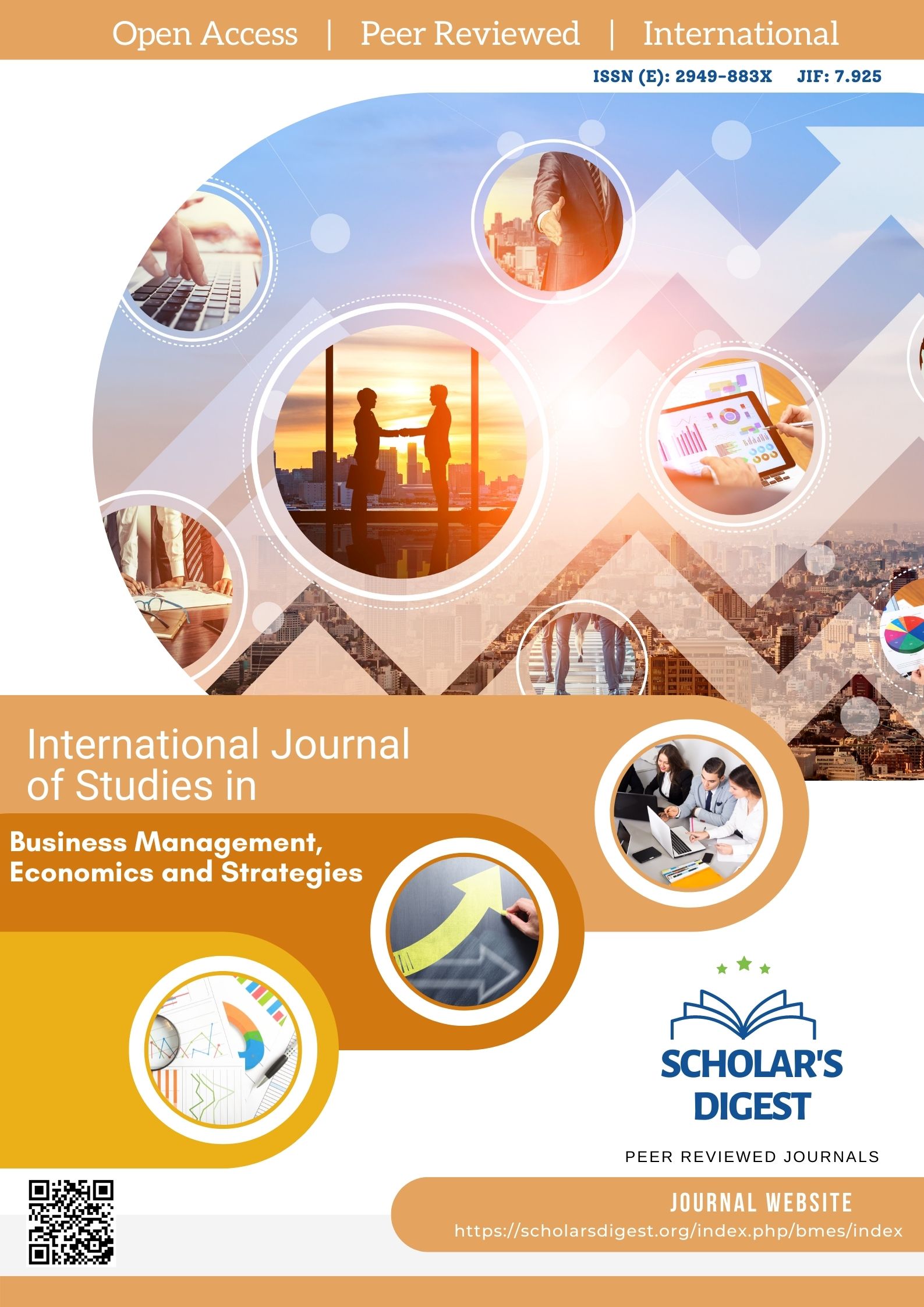REQUIREMENTS AND PROSPECTS FOR ADOPTING ARTIFICIAL INTELLIGENCE IN THE IRAQI TAX ADMINISTRATION
Keywords:
Tax collection - Tax audit - Artificial intelligence - Tax system.Abstract
This research aims to assess the technical readiness of tax authorities and stakeholders to adopt artificial intelligence. It examines the role of artificial intelligence in tax collection, focusing on its benefits and potential challenges in the Iraqi environment. It discusses the current situation of Iraqi tax work, which is often manual, time-consuming, error-prone, and assumes that artificial intelligence can help improve the efficiency and accuracy of this process. This study addresses the various factors through which artificial intelligence can be applied in tax collection, with anticipated benefits such as fraud and tax evasion detection. The research followed a descriptive-analytical methodology, collecting data from a sample of tax professionals. The main finding of the research is that there are currently many challenges facing the adoption of this technology, as the necessary conditions are only available to a moderate extent. There is a strong impact of the availability of requirements for adopting artificial intelligence in the tax field in terms of (infrastructure, enabling environment, human resources, expected benefits) on the intention to use artificial intelligence in the tax field. The study recommended the need to emphasize raising the available requirements for adopting this technology, strengthening them, especially in terms of providing expert and trained human resources, and updating laws and regulations to suit the use of modern technologies.
Downloads
Published
Issue
Section
License

This work is licensed under a Creative Commons Attribution-NonCommercial 4.0 International License.








